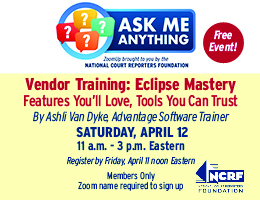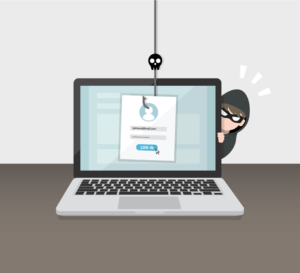If social media is a vital part of your marketing strategy, you must remember to behave online in a professional manner. How you behave in the digital world is every bit as important as how you behave in the analog world. Here are some tips to keep in mind.
1. Pretend your client is reading everything you post. I almost said, “Pretend your mother is reading everything you post,” but my mother does read almost everything I post. Look through your last ten online interactions — Facebook updates, Tweets, etc. Are they all complaints? Are they all funny pictures? Or nothing but political links? Are they all pictures of you after Friday night’s soiree where you had a few adult beverages? What are you presenting to your client or others? Posts full of profanity and complaining? Or encouraging, helpful posts?
2. When in Rome, act as the Romans do — or the Tweeters or the Facebookers. Each social media platform has its own distinct culture and customs that have evolved as the platform grows. How you interact on Twitter will probably differ from how you act on LinkedIn, Pinterest, or Facebook. Posting funny pictures of cats is acceptable on Facebook, Pinterest, or Twitter, but not on LinkedIn — unless you are in the pet industry, which few of us readers are. It’s best to lurk first and get a feel for the atmosphere, especially with online forums. Which brings me to the third tip:
3. Look. Lurk. Wait before reposting. When in doubt, Google it or check Snopes.com. Don’t click on links all willynilly, even if someone you trust posted it. Don’t repost anything without doublechecking its accuracy. Facebook is not going to start charging for accounts, and more than likely, that missing child alert you’re about to send out is far out of date. The website Snopes.com is a wonderful resource for looking up whether something is true or not. For example, Pepsi is not using the cells of aborted fetuses in their beverages, no matter what your motherin- law says.
4. This is a social network, not a broadcasting network. Like offline life, if everything you say online is all about you, you’re boring and extremely annoying. Participate in the conversations. Ask people questions. Comment — nicely — on other people’s blogs. Publicly post kudos to fellow online friends.
5. Do not be anonymous, but remember: Everything you say, post, repost, reTweet, share, and comment on can and may be used against you. The Library of Congress is archiving all the tweets on Twitter. Neither respond to trolls nor be a troll. What is a troll? Someone who is “trolling” for arguments, in the fishing sense. They’re just looking to stir the pot. They want attention. Don’t give it to them, and certainly don’t be them.
6. Use “block” and “hide” and “unfriend” as much as you want. If someone is acting in an abusive manner towards you, report it to the appropriate administrators of the network platform. If someone is constantly trying to pick a fight with you (and you neither want to fight nor to subject your followers to said conversation), unfriend, unfollow, block, or hide them. If someone constantly posts stuff you don’t wish to see, unfriend, unfollow, block, or hide them. If your friends list has gotten unwieldy and full of people you don’t engage with online, feel free to prune away. It’s your account. Make it as you wish.
6a. And do not be offended if someone unfollows you. Some people like their Facebook to be filled with only their non-court-reporting friends, and some people like a mix. Some people use Twitter to network, and some use Twitter to keep up with current events and blog updates. Some people use Facebook to tout their political or philosophical viewpoints, while others use it to keep in touch with friends — or both, or neither. If someone unfollows you, don’t worry about it. 7. Cross your online friendships into offline friendships. Going to conventions and seminars is more enjoyable when you’re meeting good friends you’ve met online. If you’re going out of town, see who’s in the area who may want to meet up for lunch — in a public place, of course. Just as you act professional on the telephone, in writing, and on the job, remember to act professional when you use social media.









